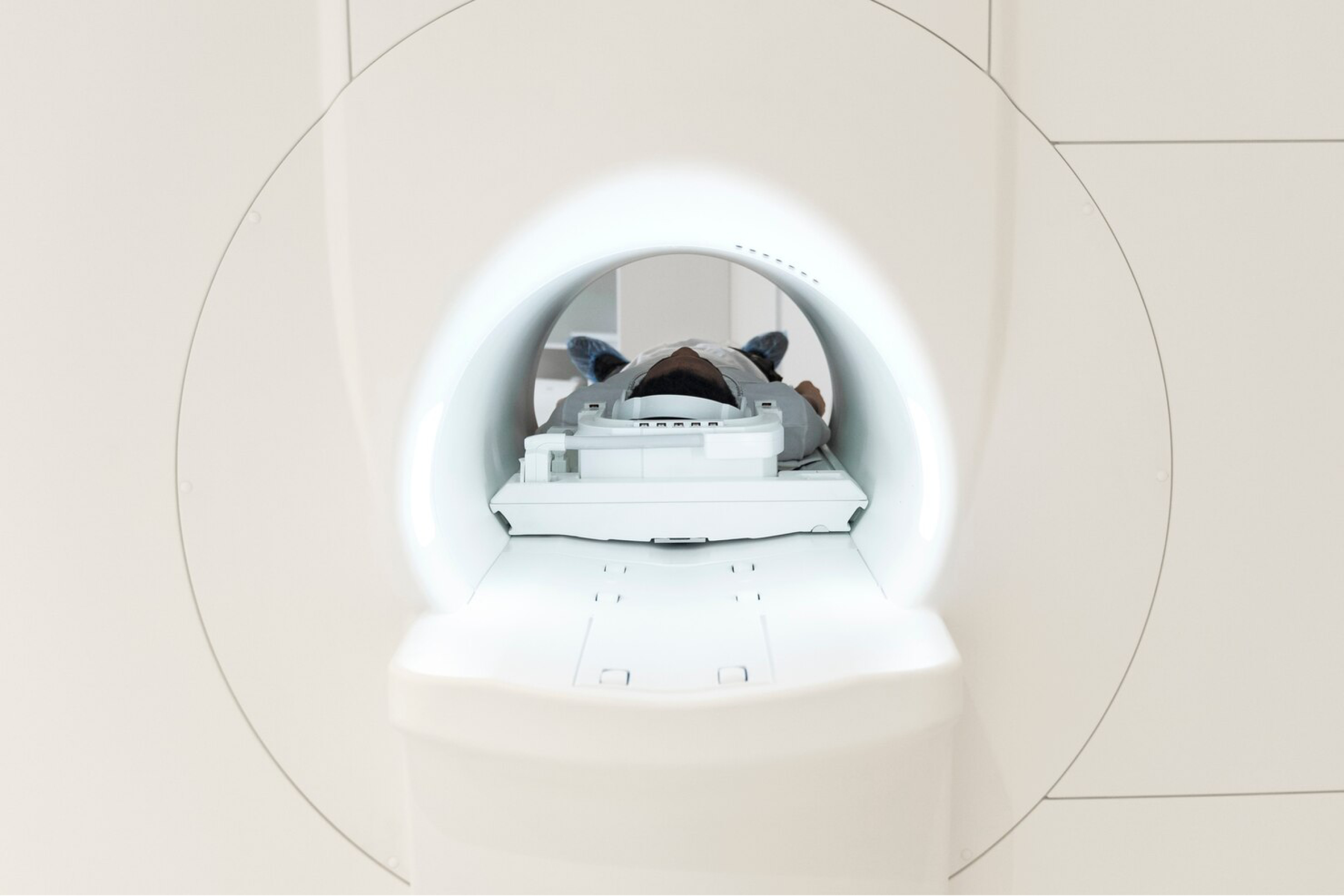Managing Side Effects of Radiation Therapy
Radiation therapy is a powerful tool in the fight against cancer, working to destroy or stop the growth of cancer cells. While effective, it can also impact healthy cells, leading to various side effects that can range from mild to more serious.
Understanding and managing these side effects is essential for maintaining your physical and emotional well-being during treatment.
Common Side Effects of Radiation Therapy
Side effects vary by individual but often include:
- Fatigue: Feeling tired or lacking energy is common during treatment.
- Skin Sensitivity: The treated area may become tender or irritated.
- Nausea and Loss of Appetite: Digestive discomfort can make it difficult to maintain a balanced diet.
Tips for Managing Radiation Side Effects
Prioritize Quality Sleep
Radiation-related fatigue can disrupt your energy levels, making rest and recovery crucial. Aim for at least eight hours of sleep each night to help your body heal. Creating a consistent sleep routine and minimizing stress before bedtime can also improve your rest and overall mental health.
Maintain a Balanced Diet
Nausea and appetite changes can make it hard to get the nutrients you need. Focus on eating a variety of nutrient-rich foods to fuel your recovery. If you're unsure about what to eat, consult a doctor or nutritionist for personalized dietary advice.
Stay Physically Active
Gentle physical activity can combat fatigue, improve your mood, and reduce stress. Whether it’s a walk, yoga, or light stretching, moving your body regularly helps promote relaxation and strengthens your physical resilience.
Care for Your Skin
Skin in the treated area is often sensitive during radiation therapy. Follow your doctor’s recommendations for care and avoid harsh products or sun exposure. Use a gentle moisturizer or sunscreen to protect and soothe your skin.
Radiation can take a toll on your body and mind., By addressing side effects proactively, you can improve your quality of life and support your treatment journey. Talk to your doctor about additional ways to manage side effects and ensure you’re getting the care you need.


